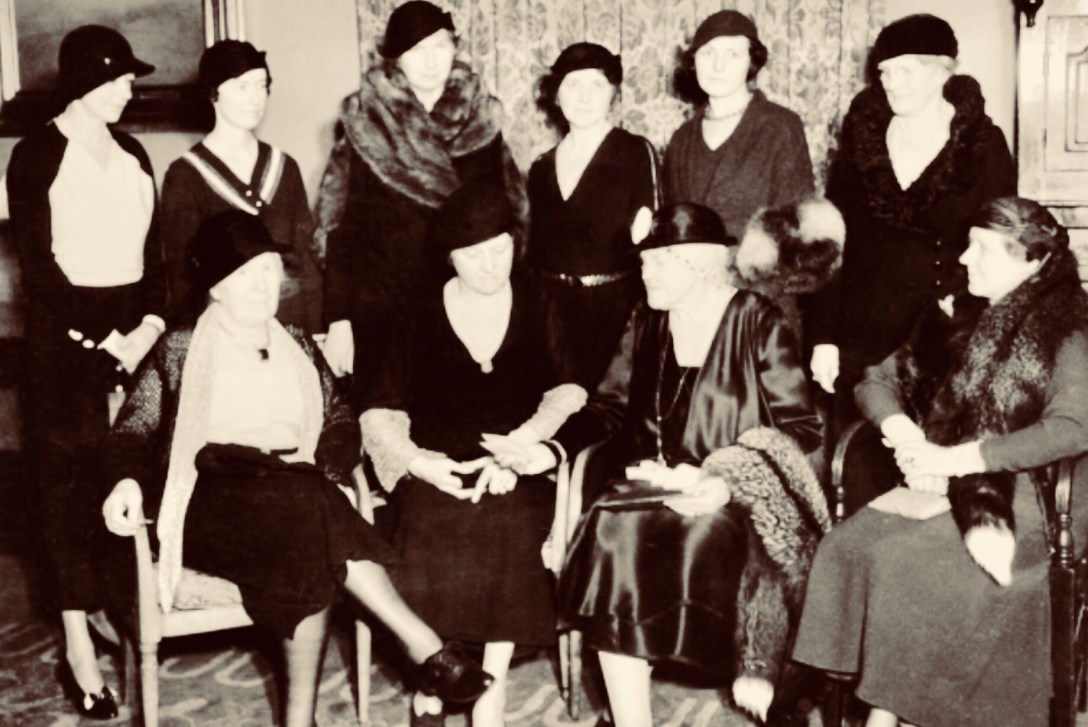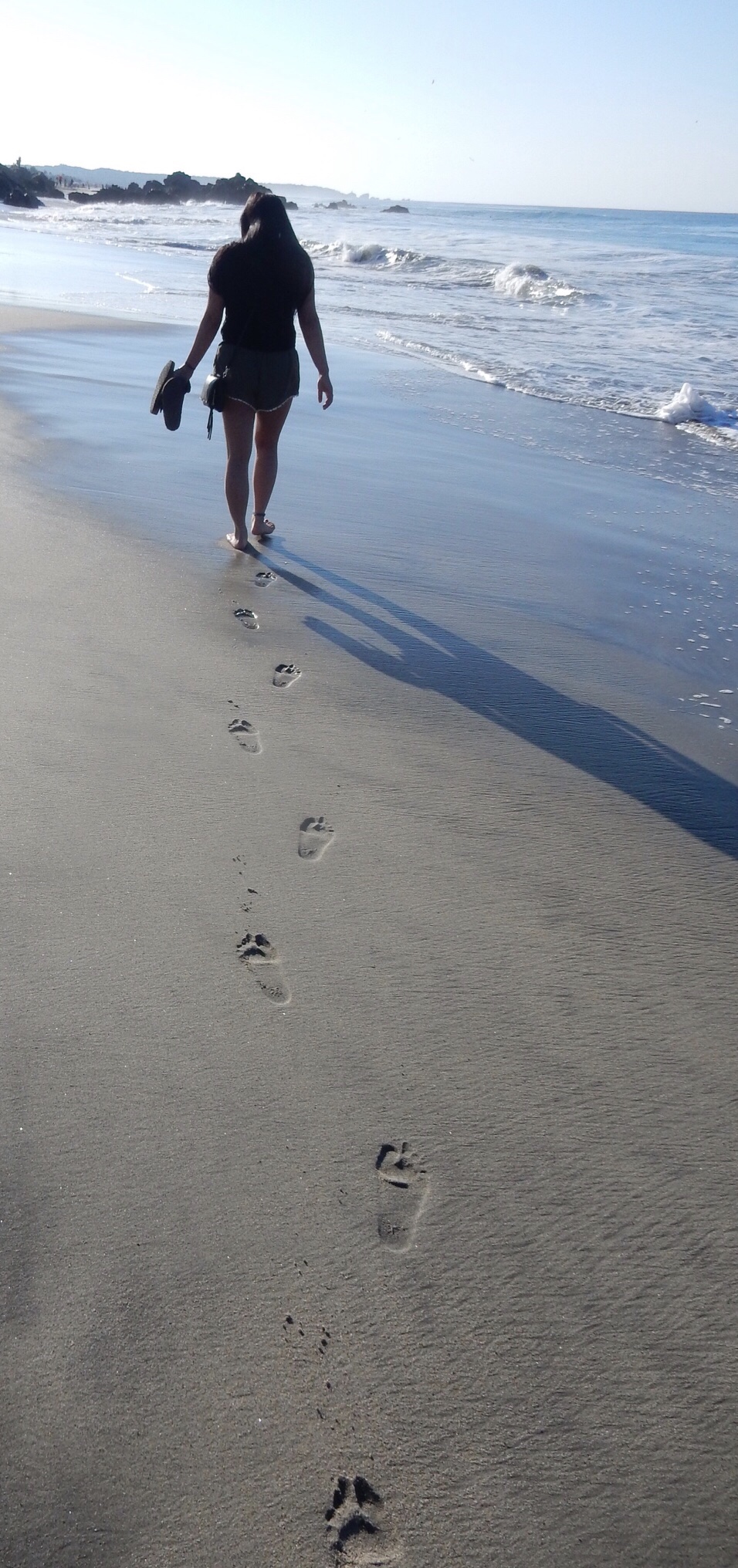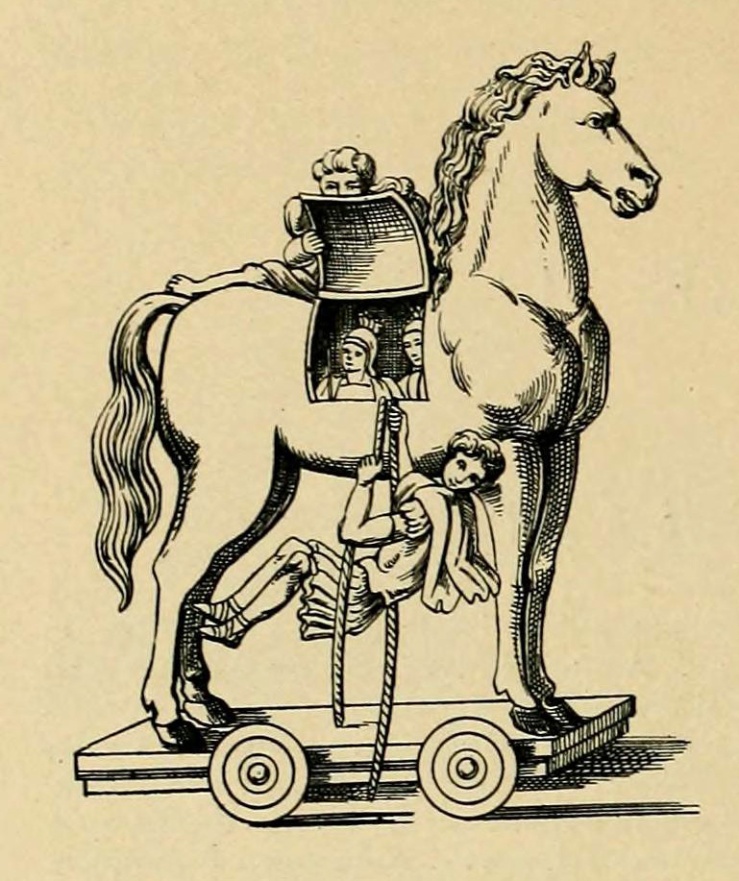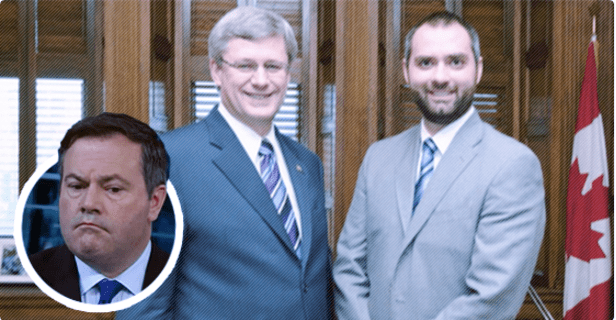so much depends upon
an ocean of harm
(the UCP motto)
Mark Smith & too many fellow UCP candidates are Human Dog Whistles.
A phenomenon: They walk. They talk. They signify the degradation of others to the delight or complicity of UCP voters.
The UCP outbursts of bigotry – of homophobia or racism or misogyny – appear as a backlash against justice-seeking accomplishments. Yes.
But this hate is both undertow and backlash. The undertow, so very powerful, sweeps us deep into the currents of history while revealing what remains.
Pulled below, we gasp for air.
We peer into the icy depths of this ocean of harm.
What do we see?
A freefloating punishment of victim/survivors in shape-shifting communities.
We see the criminalization of queer life – the lives ruined in workplace firing, public shaming, murder and exile. The bodies mocked and beaten and criminalized. The lack of care for the diseased. The suicides of those coming of age and aged. Generations of suffering.
We witness the internment of citizens. The enslavement of blackness. The racist orientalization of otherness. The Head Tax separating families for generations. The state theft of property and livelihoods. The disenfranchisement. The suicides of those coming of age and aged. The demonization of immigrants. Their crowded open boats on a rough sea. In this country, the frozen figures stagger into view. The many and the one at a time. Generations of suffering.
We see the genocide of Indigenous peoples – the killing of culture, language, spirit, body – perpetrated by the state, carried out by settlers. The kidnappings, disappearances and murders. The suicides of those coming of age and aged. The disenfranchisement and prohibitions. The mass incarceration. Generations of suffering.
We witness the institutionalizations of those with different bodies. Their diminishment. The elevated rates of rape and assault. Their vulnerability through impoverishment.
We see the sterilization of women. The rape and murder of women, the disenfranchisement, the prohibition from education, from participation in the public sphere. The traffic in women. The language of degradation feminized. The indignities of objectification, a body drawn in parts.
We witness the trans flow and blur of gender catastrophized into murder, dehumanization, excision from the public sphere.
We see through an ocean of harm.






 At Latitude 16, the moon hangs in the night sky
At Latitude 16, the moon hangs in the night sky











